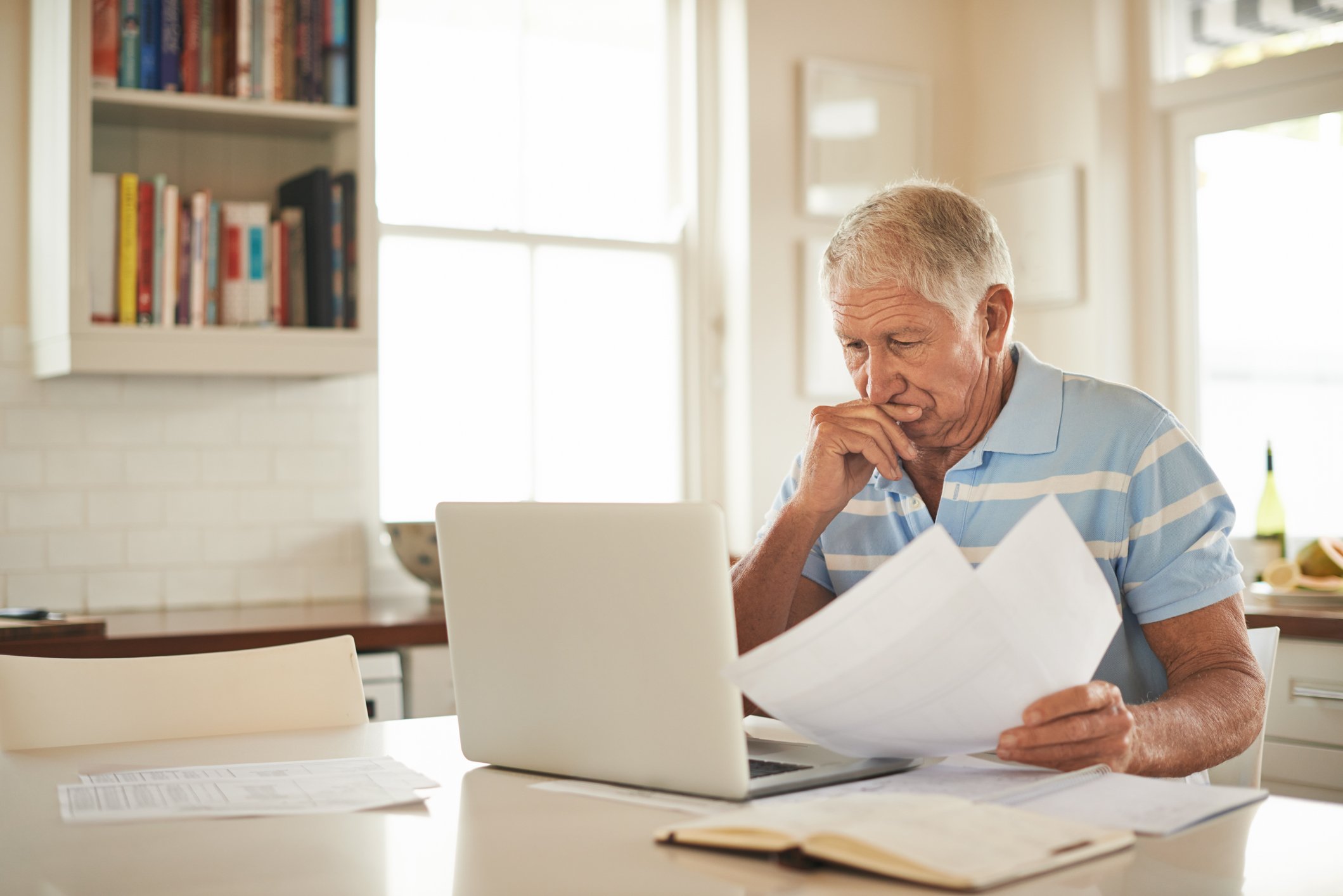COVID-19 is turning the world upside down. The stock market has crashed. Schools are being forced to close nationwide. Small businesses are shuttering, and countless Americans are losing their paychecks, at least temporarily.
And the worst of it? We don't know how long this situation will last. It could be weeks, or it could be months, before things start getting back to normal, which means millions of Americans are effectively in limbo. And the longer this situation continues, the more our country risks crossing the line into a full-blown recession.

Image source: Getty Images.
It's for this reason that I'm aiming to boost my emergency fund in the coming weeks. And if you have that option, it pays to do the same.
Your emergency fund could save you
It's too soon to tell whether our current situation will lead to a recession, but frankly, things don't look good right now. Millions of Americans are being forced out of work for the time being, which means spending will decline and businesses will suffer. If we're able to contain COVID-19 to a reasonable degree in the coming weeks, we may be spared a recession. But health officials are now warning that we could remain at a standstill through the summer, which should ring a warning bell.
That's why I'm changing my financial strategy in the coming weeks. Initially, my plan was to use the bulk of my spare earnings to increase my stock investments. The one good thing about a bear market is that it provides an opportunity to buy quality stocks at a discount, and in the long run, that's a good way to make money. But I also don't know how my income may be impacted if a recession hits, and so I'm now planning to put some money into stocks, but also put a fair amount of my earnings into savings. That way, if my income takes a hit later on, I'll have more cash reserves to tap as my bills continue to come due.
Of course, not everyone will have an opportunity to save money in the coming weeks. Some people are already without an income. Others may have to spend more to stock up on food and supplies, leaving them with little money left over. But if you have the option to pad your emergency savings -- say, you're still collecting your full paycheck and are spending less now that you're hunkering down at home -- then you'd be wise to do so.
Under normal circumstances, an emergency fund with enough money to cover up to six months of living expenses will generally suffice. But these aren't normal circumstances, so my advice is to try to sock away nine months' to a year's worth of living expenses if you can. And trust me, I know it's a very big "if." But if you're able to do so, you'll have an easier time sleeping at night as we navigate these uncertain times.





